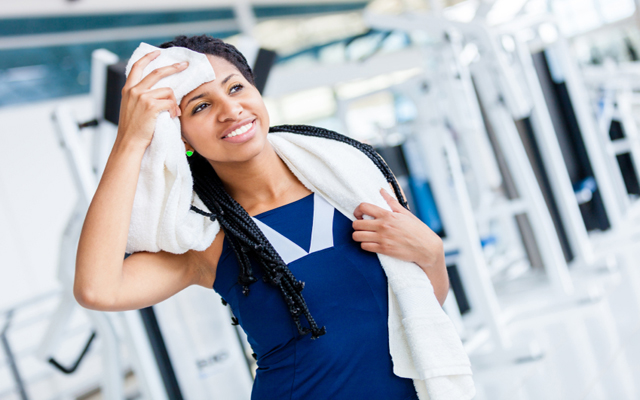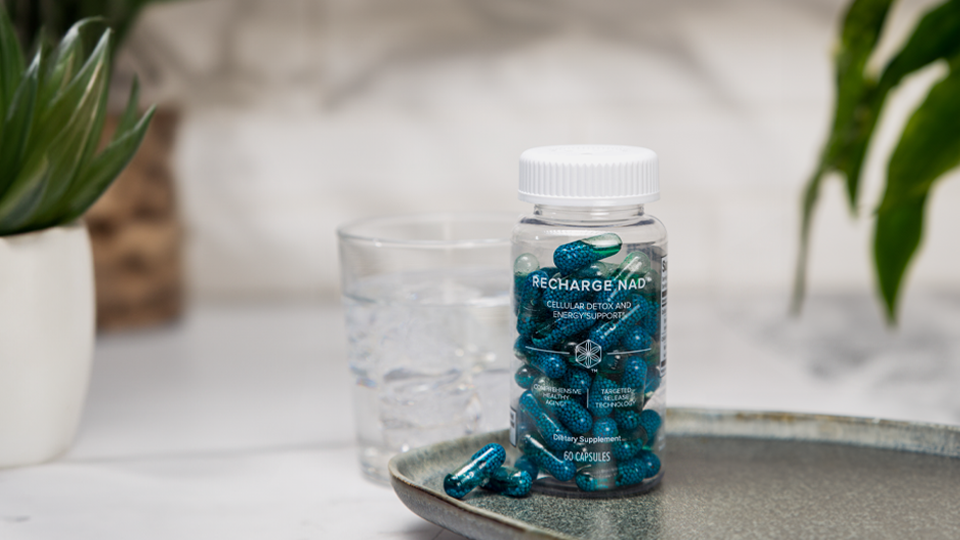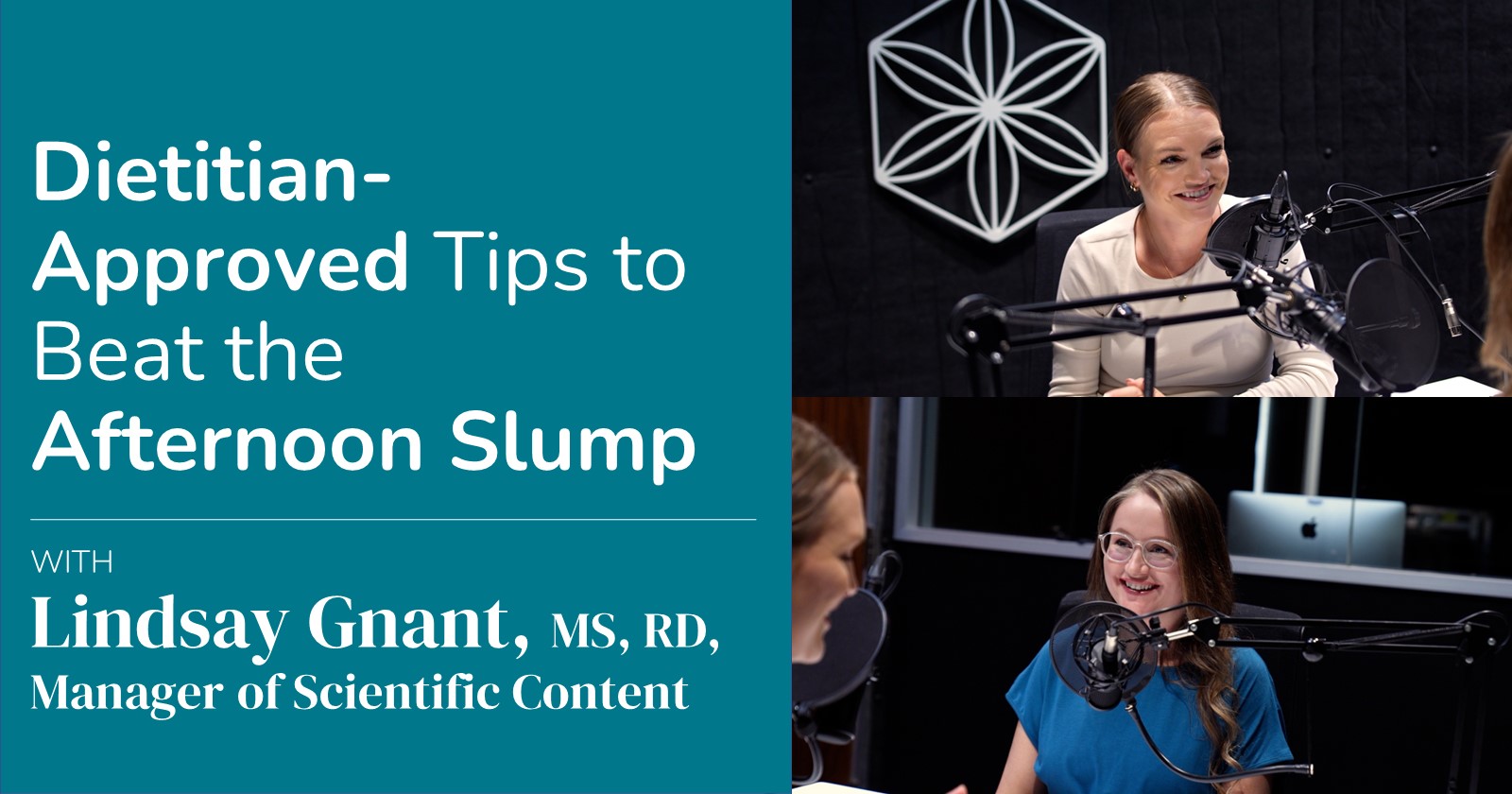Athletes know that icy roads, bitter cold, and sunless days are already enough of a hassle for their performance without having to worry about low vitamin D status. But, in recent years, scientists have found low vitamin D to be an independent factor of weakened performance especially during winter months (1). The easy solution to raising vitamin D status in athletes is supplementation.
Now, a new study suggests that not only is it important for athletes to supplement with extra vitamin D, but the right kind of vitamin D. The study, published in the journal Nutrients, found that athletes who took vitamin D in the form of D2 (ergocalciferol), rather than D3 (cholecalciferol), actually had worsened muscle damage and delayed recovery after intense workouts when compared to a placebo (2).
The six-week double-blind study used NASCAR pit crew athletes as subjects and separated them into two groups. One group of athletes took a daily supplement of 3,800 IU of vitamin D2 while the other group took a placebo.
“We were interested in seeing if increasing vitamin D in the pit crew athletes who train heavily in the off season would improve their muscle and immune function. While vitamin D2 levels in the blood increased, we found that levels of the valuable D3 decreased. And to our surprise, those taking vitamin D2 didn’t have just a little more muscle damage, they had a lot more damage,” said lead researcher, David Neiman, Dr.P.H., in a press release.
While the study’s results suggest that athletes should avoid vitamin D2 supplements for muscle recovery, it doesn’t mean that they should avoid vitamin D supplementation altogether. Quite the opposite, as the research shows.
Better recovery with vitamin D3
Studies from as early as the 1950s have demonstrated that ultraviolet (UV) treatment enhanced physical performance and that optimal training occurred during late summer when sunshine and vitamin D-synthesis in skin is abundant (2, 3).
More recently, studies are still showing a benefit to athletes who receive ample vitamin D, from the sun or from vitamin D3 supplements during winter. One study in elite Irish athletes showed that wintertime supplementation with vitamin D3 significantly increased vitamin D status supporting performance (4). In addition, a recent review determined that getting sufficient vitamin D could help athletes reduce stress fractures, improve muscle function, and aid in recovery (5).
What’s more, when a study compared vitamin D3 and D2 against each other it found vitamin D3 to be superior to D2 at increasing serum vitamin D levels (6).
What to make of studies for a true competitive advantage? Go ahead, the research suggests, and supplement with vitamin D. But use only a quality supplement with natural vitamin D3—and preferably with other synergistic nutrients for muscle recovery.
References
- Halliday TM, Peterson NJ, Thomas JJ, Kleppinger K, Hollis BW, Larson-Meyer DE. Vitamin D status relative to diet, lifestyle, injury, and illness in college athletes. Med Sci Sports Exerc 2011;43:335-43.
- Nieman DC, Gillitt ND, Shanely RA, Dew D, Meaney MP, Luo B. Vitamin D2 Supplementation Amplifies Eccentric Exercise-Induced Muscle Damage in NASCAR Pit Crew Athletes. Nutrients 2013;6:63-75.
- Cannell, J.J.; Hollis, B.W.; Sorenson, M.B.; Taft, T.N.; Anderson, J.J. Athletic performance and vitamin D. Med. Sci. Sports Exerc. 2009, 41, 1102–1110.
- Magee PJ, Pourshahidi LK, Wallace JM et al. Vitamin d status and supplementation in elite irish athletes. Int J Sport Nutr Exerc Metab 2013;23:441-8.
- Larson-Meyer E. Vitamin D supplementation in athletes. Nestle Nutr Inst Workshop Ser 2013;75:109-21.
- Tripkovic L, Lambert H, Hart K et al. Comparison of vitamin D2 and vitamin D3 supplementation in raising serum 25-hydroxyvitamin D status: a systematic review and meta-analysis. Am J Clin Nutr 2012;95:1357-64.






